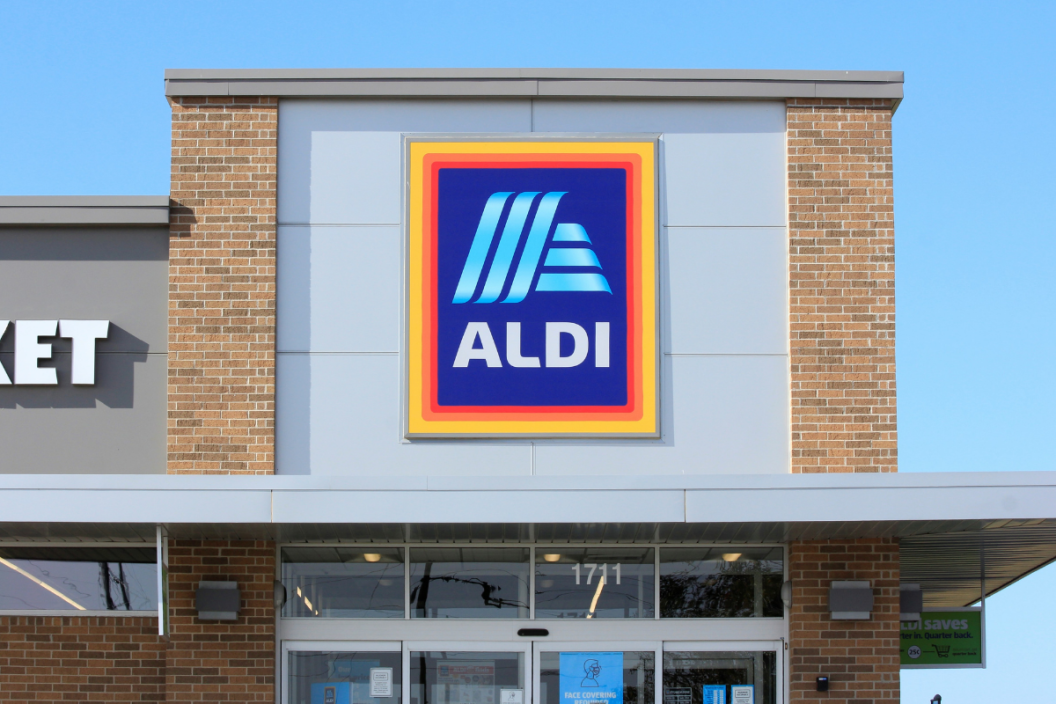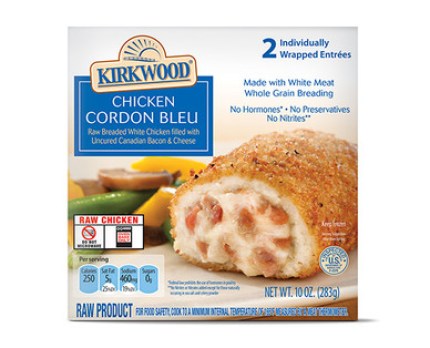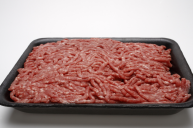We love frozen foods for their convenience and shelf life, making them the perfect dinner solution on a tired work night. However, this convenience isn't worth it if it comes at a cost like salmonella. The CDC has recently announced that at least 17 people have been infected by salmonella from Aldi's frozen chicken, so double check your freezers for this product!
How to Safely Consume Frozen Chicken

Frozen chicken is a go-to ingredient in many meals, from salad to sandwiches to chicken noodle soup. However, it's important to eat this staple ingredient safely to avoid getting sick. Make sure that your chicken reaches an internal temperature of 165 degrees Fahrenheit when cooking, and take care to defrost it safely.
The best way to enjoy frozen chicken is to plan ahead by safely defrosting it before use. You can thaw chicken in the refrigerator if you think ahead a few days. If not, a cold water bath is a fool-proof method. Simply place the meat in a zip-lock, sealed bag and submerge it in cold water. Change the water every 30 minutes until your meat is ready to cook.
For those who are too hungry to wait, you can defrost your chicken in the microwave by placing one or two pieces of chicken on a plate and using the defrost setting for one minute at a time. Make sure to keep checking the chicken in between heating it to see how defrosted it is. The only caveat with this method is that it's important to cook the chicken immediately after being defrosted.
Another method for the hungry (or hangry) is to forgo defrosting it altogether. To do this safely, increase your cooking time by at least 50%, and mak sure to spread out each individual piece of chicken as it cooks.

Salmonella Outbreak
However, no matter how safely you defrost your chicken, this will do nothing against a salmonella outbreak.
The CDC traced the outbreak to frozen breaded chicken products, specifically the chicken cordon bleu by the Kirkwood brand seems to be responsible. The culprit was narrowed down after the Minnesota Department of Agriculture tested five different frozen chicken products, finding the salmonella strain in two samples of the Kirkwood chicken cordon bleu.
The outbreak ranges across six states- Arizona, Illinois, Minnesota, Michigan, Indiana, and New York. However, there's no way to know how many other people have been infected, since not all will seek medical attention. Although Kirkwood hasn't yet issued an official recall, it's probably best to stay on the safe side and dispose any Kirkwood chicken cordon bleu in your freezer.





